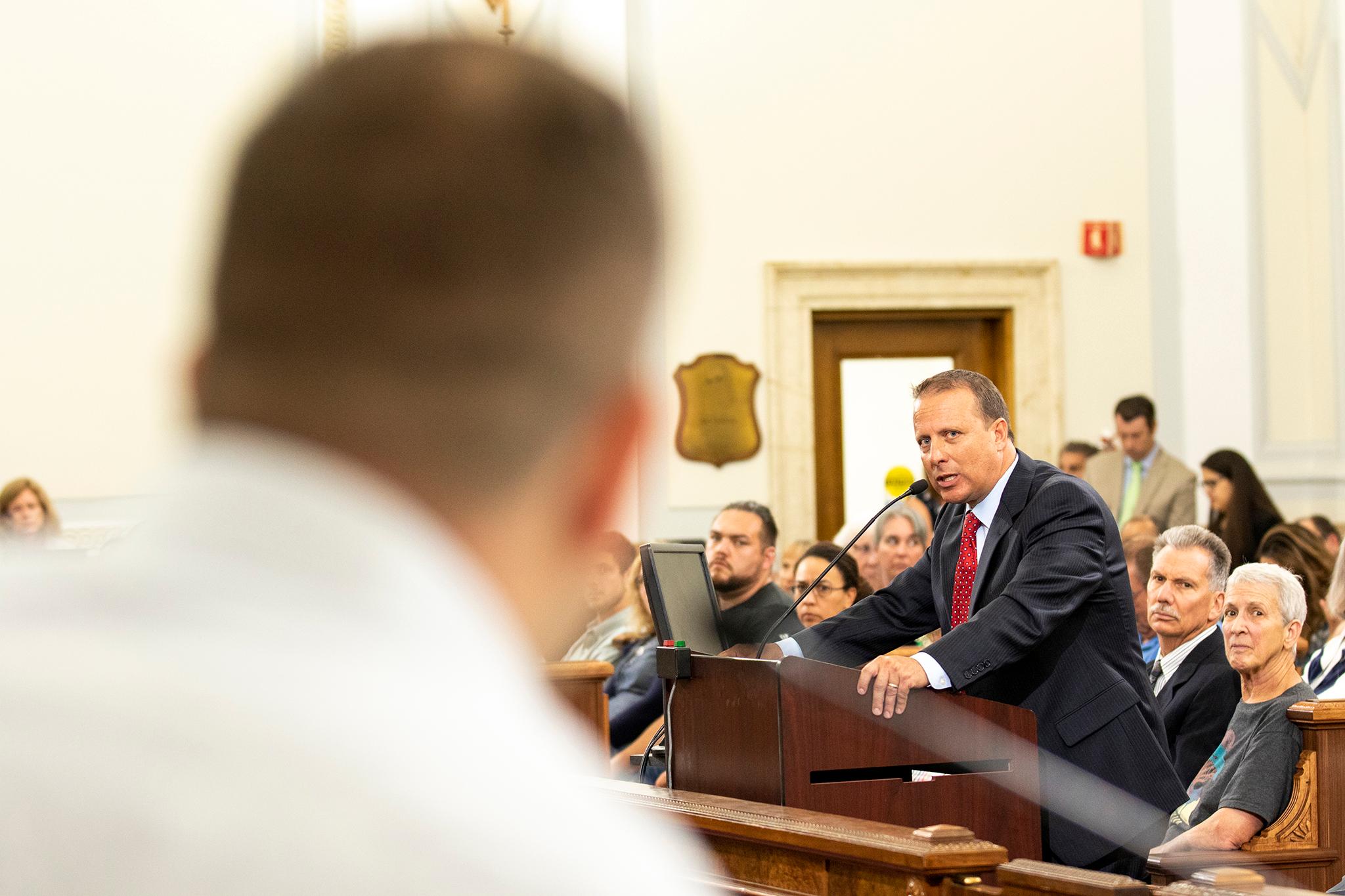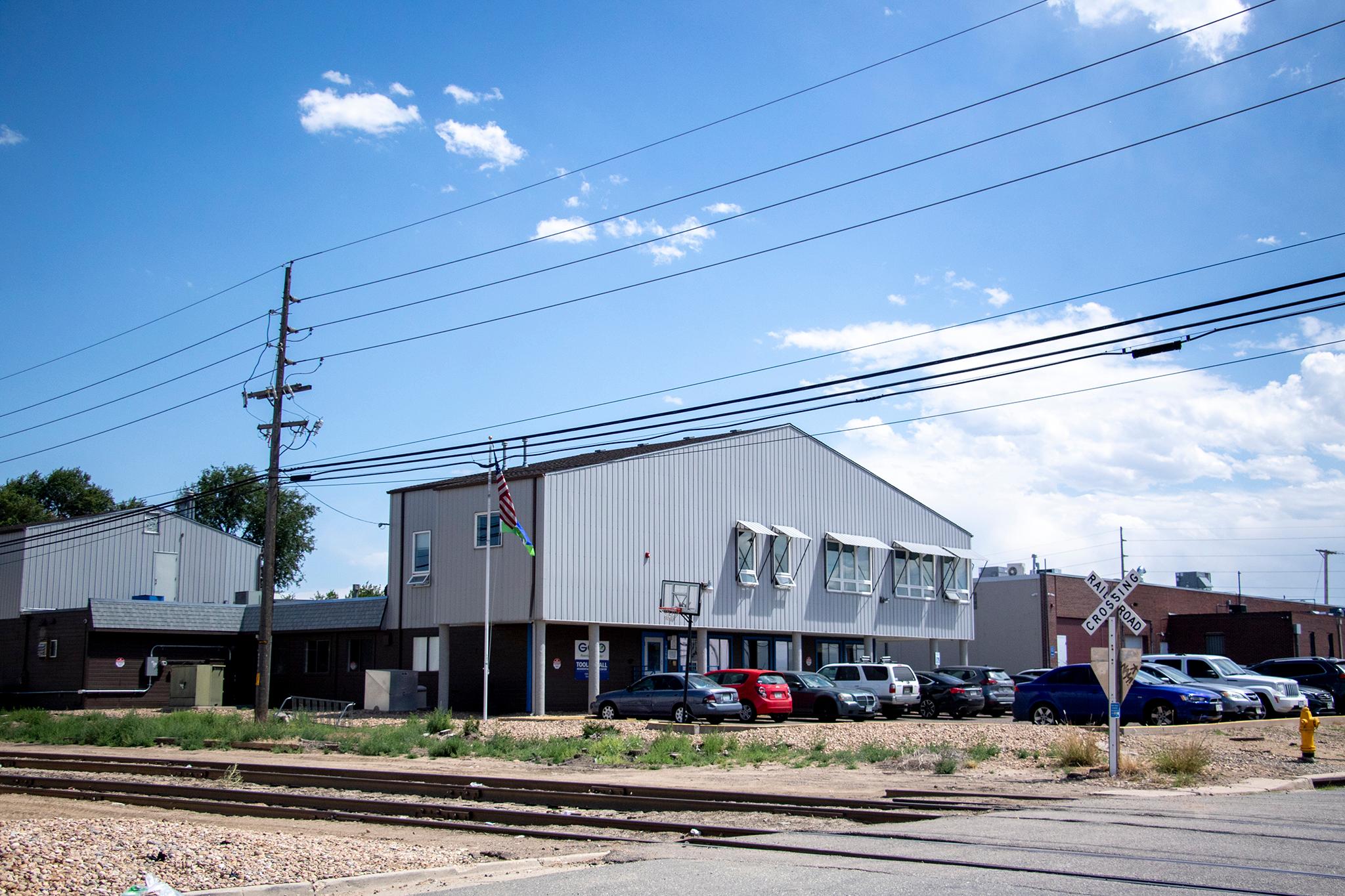The Denver City Council was met with applause Monday evening after its members unanimously approved contracts allowing two private companies to continue halfway house operations in the city.
If legislators had voted no, many of those people clapping may have been sent back to jail or prison.
The approvals allow GEO to operate until the end of the year and CoreCivic to operate until July 2020. Both companies will be paid retroactively for work in July and August completed outside of a binding agreement. The original contracts totaled about $10.6 million and lasted one year for each company. The revised contracts total about $8.7 million.
While they are still in business with Denver, this is probably the beginning of the end for their halfway house operations here.
The issue started in early August when the Council voted down standard contract renewals with the companies, citing their involvement with immigration detention centers outside the city. The decision was something of shocker, and corrections officials and inmates reeled as their fates were suddenly in limbo.
But last week, Denver's Division of Community Corrections offered up the proposal to extend these contracts so GEO and CoreCivic's programs could be phased out more slowly. It passed, so now the city is on the clock.
"We have six months and 12 months to turn a huge ship," said Greg Mauro, head of DCC. "We have to get this right."

Mauro said he'll begin work first thing Tuesday morning. One of his first orders of business will be to convene a 13-member committee to help vet and approve any number of ideas to fill the void left by GEO and CoreCivic's presence. He expects to have all of those seats filled by Friday.
But here's the thing: there's no binding agreement saying City Council can't renew contracts with GEO or CoreCivic after these interim contracts expire. Mauro said it's on his committee to come up with ideas that might work. He said replacing GEO shouldn't be too difficult a task, but he's less sure about CoreCivic, which operates four facilities. Replacing them will be a "much harder lift."
"What if we can't redesign something different?" he asked this reporter after the vote.
During the hearing, City Council members Chris Hinds and Candi CdeBaca grilled Mauro over allegations that GEO and CoreCivic's halfway houses had forced inmates to hastily clean up facilities, that the food is subpar and their overall effectiveness is lacking.
While CdeBaca said she agrees community corrections are "necessary," she made clear she hopes to find operators who are not geared toward turning a profit.
On the other hand, residents of GEO halfway houses stood up to speak in favor of the company.
"I was in prison 10 years, lost," said April Cotton. "Now I am one of the best people I can be, and I thank God for GEO."
The debate that began this discussion, whether Denver should divest from companies with ties to immigration prisons, has evolved in recent weeks into a referendum on halfway houses at large.

But Councilwoman Robin Kniech reined in the discussion.
"I don't think I have to prove these companies are perfect to renew these contracts," she said, nor does she need to prove malfeasance to pull away from GEO or CoreCivic further down the line, she added.
"It's both appropriate to continue them and it's also appropriate to say, at some point in the future, that these operators don't meet our standards."












